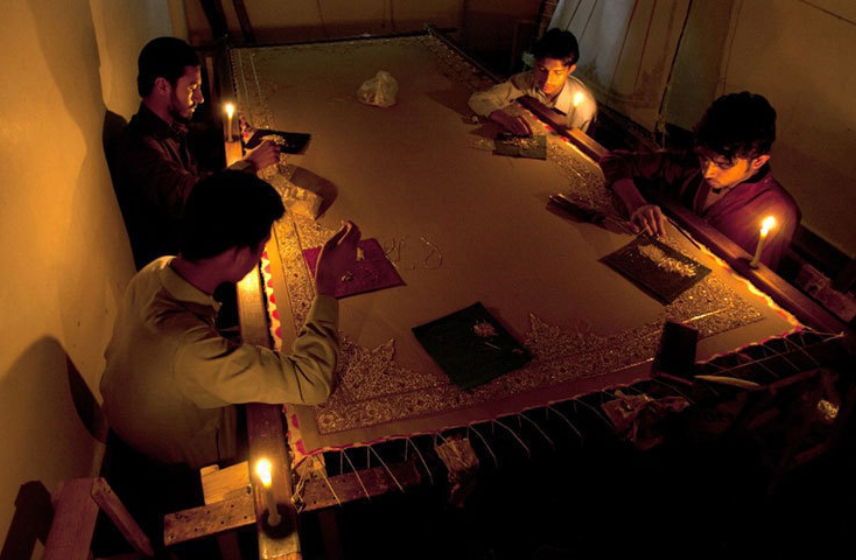Understanding Load Shedding in Pakistan: Causes, Effects, and Solutions
Load shedding has become a frustrating reality for many in Pakistan. It affects businesses, students, and households alike. Understanding the causes of load shedding and its impacts can help consumers better cope and highlight the need for sustainable solutions.
What Causes Load Shedding in Pakistan?

1. Insufficient Power Generation
One primary reason for load shedding is insufficient power generation. The gap between electricity demand and production grows, especially during summer, leading to unavoidable outages.
2. Transmission and Distribution Losses
Power losses during transmission are another significant cause. Outdated infrastructure and technical issues in grid stations result in 20-30% electricity being wasted before it reaches the consumer.
3. Seasonal Variations and Demand Surge
Summer months see a massive increase in energy consumption as people use air conditioning and fans, which pushes the system beyond its limits, forcing utilities to impose load shedding.
4. Fuel Shortages
Fuel supply issues, including disruptions in gas or oil, cause power plants to reduce production, leading to load shedding in urban and rural areas alike.
5. Operational Issues within Distribution Companies
Mismanagement within distribution companies like KE, LESCO, and IESCO also adds to the problem. Delayed maintenance and miscommunication with the national grid lead to frequent outages.
Effects of Load Shedding in Pakistan
1. Economic Impact
Frequent outages reduce industrial productivity and increase costs, causing a slowdown in economic growth. Small businesses suffer the most, with many forced to shut down during extended outages.
2. Educational Disruptions
Schools and universities struggle to maintain schedules as load shedding disrupts classes and examinations. Students find it hard to study, especially during critical periods.
3. Health Risks
Hospitals rely on uninterrupted power. Load shedding affects their operations, putting patients’ lives at risk, especially during surgeries and critical treatments.
4. Social and Psychological Impact
The unpredictability of power outages causes frustration among citizens, leading to stress and anxiety. Social gatherings, family routines, and daily work are constantly interrupted.
Additional Reasons Behind Excessive Load Shedding
Reduced Hydel Generation
Hydropower generation, which forms a major part of the energy mix, declines during dry seasons, reducing overall supply.
Tripping in Grid Stations
Grid stations are prone to technical failures, causing sudden, large-scale outages that worsen the power crisis.
Shortage of Liquefied Natural Gas (LNG)
Disruptions in LNG imports directly affect power generation. Pakistan’s dependency on imported gas leaves it vulnerable to global market changes.
Conclusion
Load shedding in Pakistan is a complex issue impacting every sector of society. Investing in better infrastructure, diversifying energy sources, and improving grid management are essential steps towards reducing the frequency of outages. The government and private sectors need to collaborate to transition towards renewable energy, which can provide a sustainable solution for the future.







